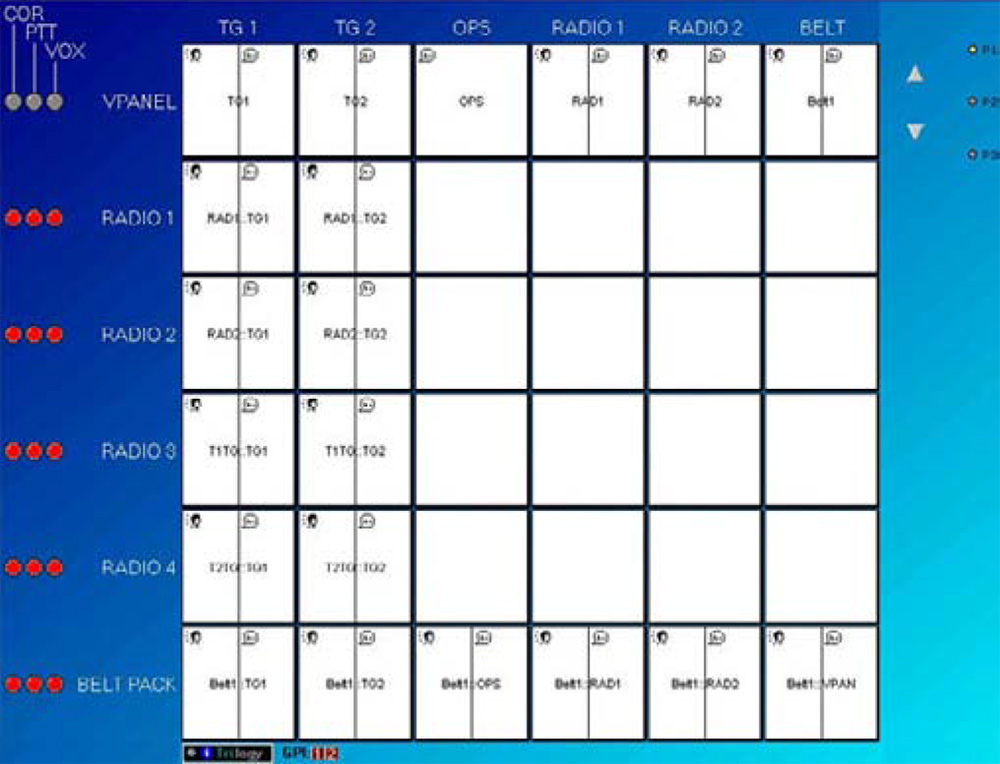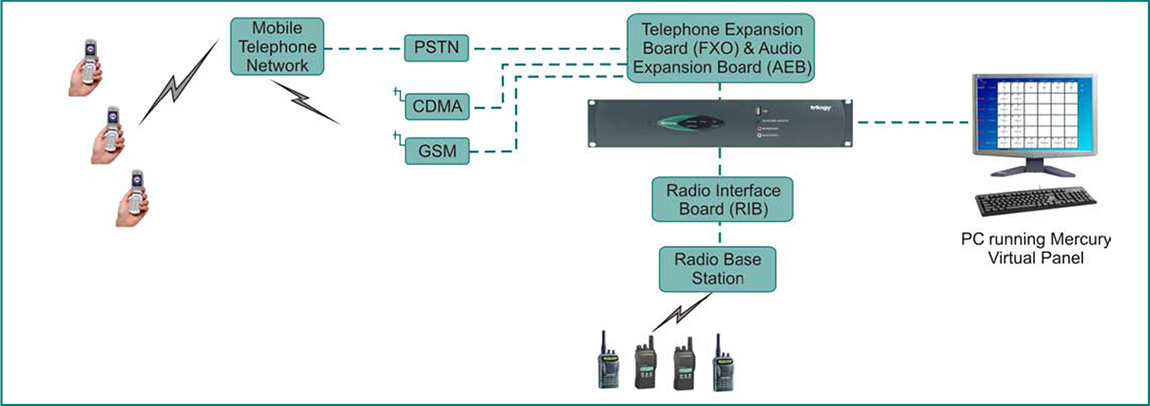The customer operates a major Chinese city’s domestic and commercial gas network as well as a large gas processing and storage installation.
This gas network and plant are served by teams who go out and assess, inspect and fix the gas leaks that are inevitable in a fast growing city with major construction activity such as the building of new skyscrapers and the expansion of an underground rail network.
These teams are equipped with mobile radios whilst their managers use GSM cell phones making direct communications virtually impossible sometimes even necessitating the use of an intermediary.
The application of the Mercury system allows full interoperable communications between the team members and their managers using their existing equipment inventory. The aims are two fold, firstly, to ensure basic safety and secondly, to ensure the gas utility’s clients are back in operation as swiftly as possible with minimum disruption.
The operation of a large gas processing, storage and commercial/ domestic delivery network is complex and entails the use of a significant number of cross functional teams looking after production, safety, compliance, environmental monitoring to name but a few. One of the key teams is responsible for searching out possible leaks, inspecting the area and then carrying out any necessary rectification work. These may be small and routine in nature or larger and more serious. In order that this team is equipped to deal with all possibilities it must have access to the widest possible range of technical resources. These may include security staff, emergency crews, specialist teams or technical advisors.
These resources are all available but may not be immediately contactable as they may be in a completely different geographical location or be deployed somewhere else in the city. At present reaching them could involve physically going out to find them, calling them on a cell or conventional phone or calling someone else and using them as an intermediary. In an emergency the delays that this can cause can have catastrophic consequences.

The Mercury Interface Unit (MIU) is a rack mounted 2U device that can accommodate up to 32 individual IP channels
The solution involved the installation of a Mercury Interface Unit (MIU) into the main control room although it could have been installed in a mobile command vehicle. The MIU is equipped with Radio Interface and Telephone Expansion boards which allow the system to accommodate up to 32 devices including a number of radios and telephones (exact numbers determined by the particular configuration). Radio base stations, GSM and CDMA Modems are then connected to the MIU. Using a PC based dispatcher panel call routes are created and amended allowing callers to dial into the number of the GSM or CDMA Modem and be seamlessly connected to a mobile radio or a mixed group of users. As an alternative where a physical telephone connection is available the MIU can be connected to this. Using mobile telephony and radios which by-pass the organization’s fixed telephony system provides added resilience in times of emergency when phone networks can often become congested and therefore unreliable.
Not only does this enable full and free communication using the tools that are best suited to the routine work involved in their role it also provides significant cost savings by not requiring either the upgrade of their existing equipment inventory or the purchase of additional equipment.

An example of the type of touch screen dispatch panel used as part of this installation
